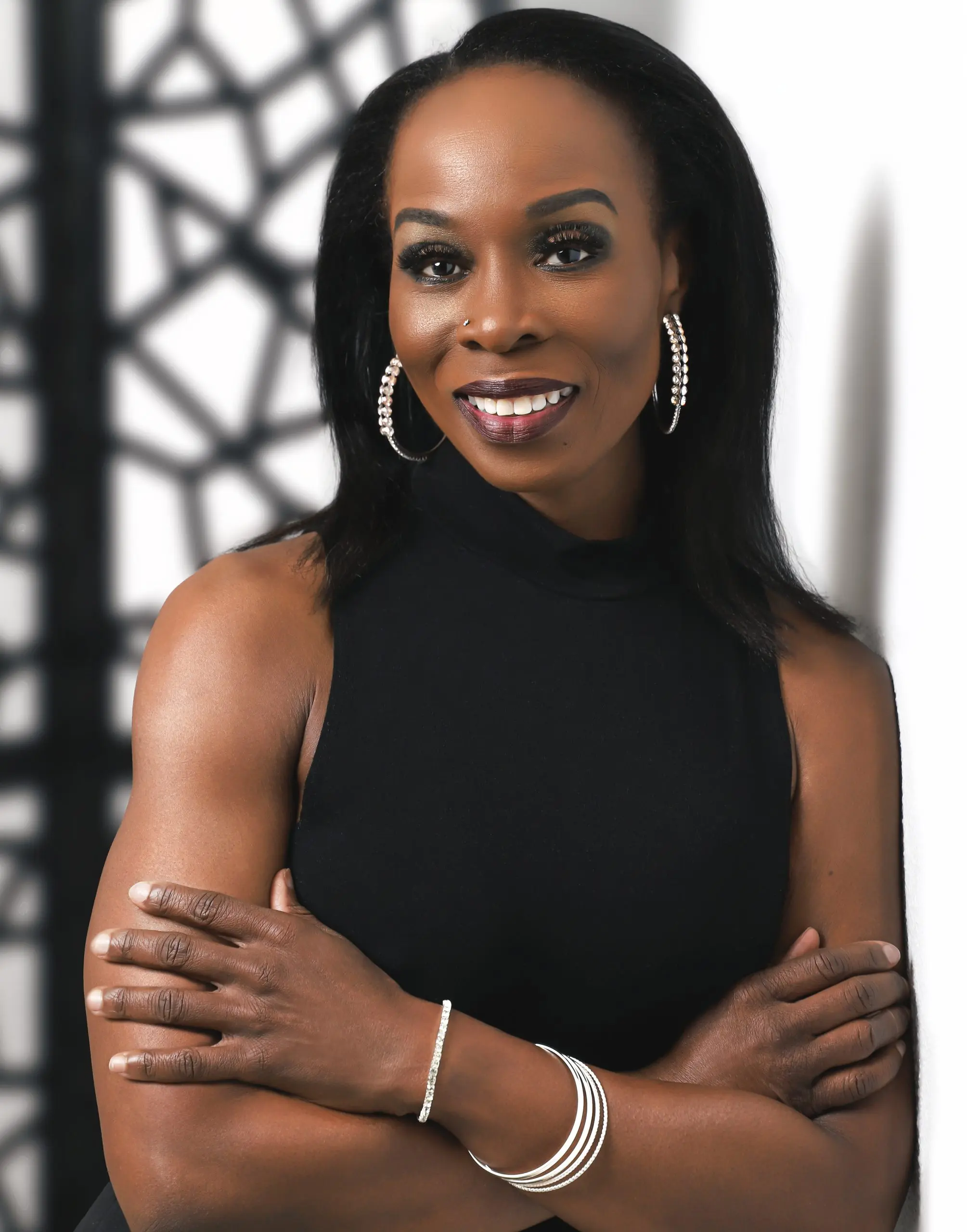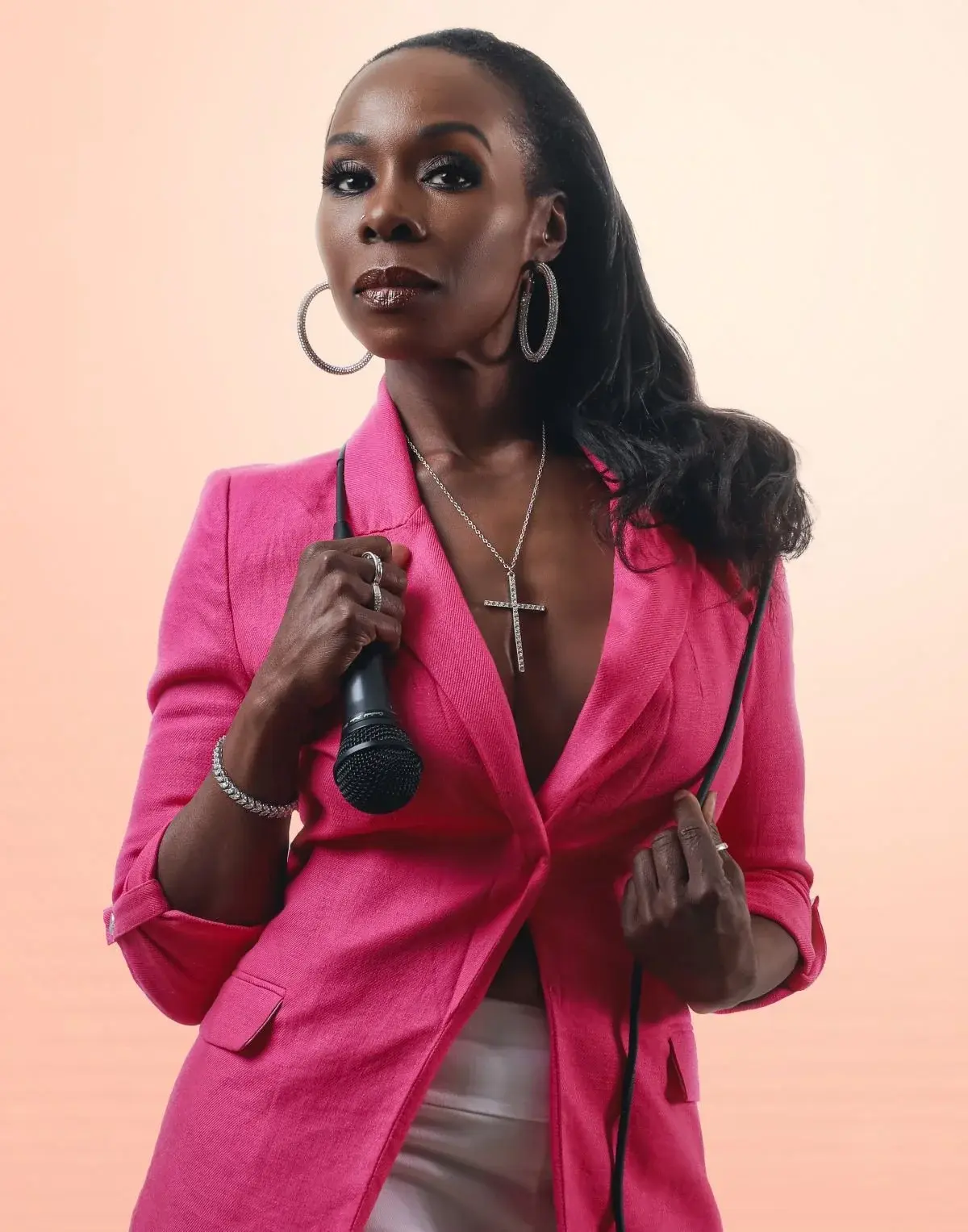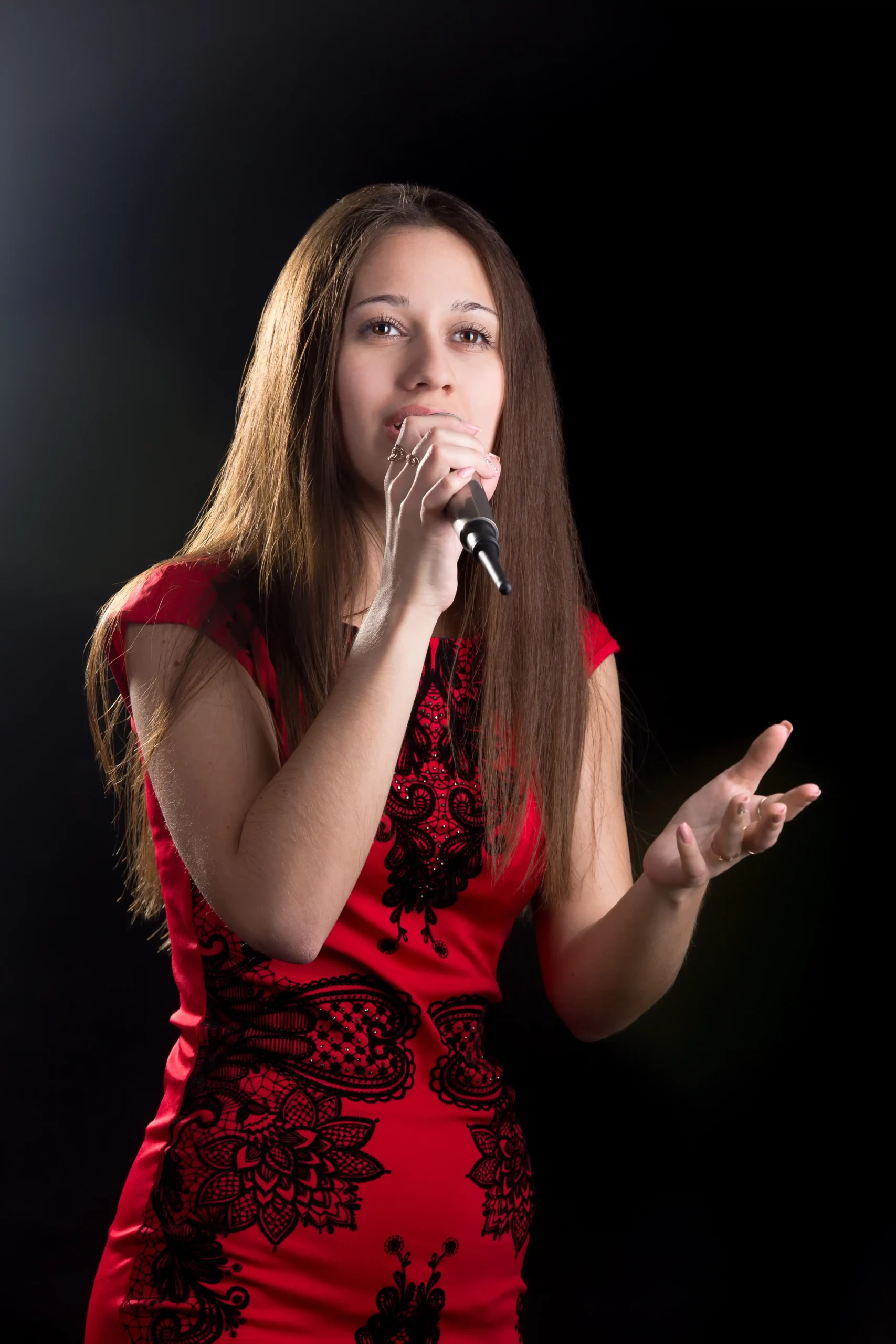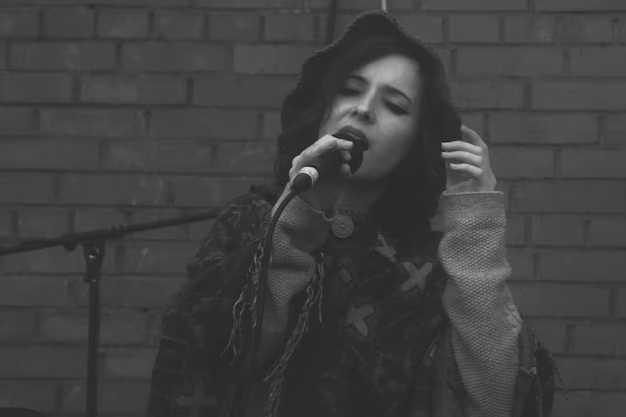SingersIN60
Sterling Voice Coaching
Your voice. Your brand. Your legacy. Sterling Voice Coaching delivers elite training that transforms singers into unforgettable artists.

LYNDIA "MzLyndia" JOHNSON
Founder & Vocal Architect
Lyndia Johnson known throughout the music industry as “MzLyndia” is the founder of Sterling Voice Coaching and a hands-on vocal coach, vocal producer, and mentor who transforms raw talent into sustainable careers. With decades of touring, studio collaboration, and artist development behind her, she built a signature method that fuses conservatory grade technique, Gospel and R&B lineage, and studio-savvy production empowering singers to sound authentic, powerful, and industry-ready.
Her approach is rare and revolutionary. A former professional opera singer and conservatory-trained artist, MzLyndia is one of the few vocal coaches in the world to master multiple pedagogical languages Classical, Gospel, and Pop not just in theory, but in practice. This fusion of elite technical command, soulful stylistic insight, and in-session vocal production shapes voices that are both iconic and resilient.
As an international vocal coach, vocal producer, and clinician, MzLyndia has led masterclasses and residencies across the U.S., Europe, China, and Korea. She is a contributing editor to the Oxford Dictionary of Contemporary Music – Her work led to a seat on the Board of Governors for the National Academy of Recording Arts and Sciences, and in 2004, MzLyndia was tapped to develop the vocal curriculum for Grammy Camp a groundbreaking initiative that redefined youth vocal training for the commercial music industry.
Her artists have earned Grammy, Tony, BET, and American Music Awards, and can be heard worldwide across Pop, K-pop, Gospel, R&B, and Musical Theatre stages. She holds both Bachelor’s and Master’s degrees in Voice, with certifications in Vocology, Vocal Anatomy and Physiology, Vocal Acoustics, and Comparative Vocal Pedagogy.
In 2018, MzLyndia joined the USC Thornton School of Music as Associate Professor of Popular Voice and now serves as Chair of the Popular Music Program bridging academic rigor with real-world artist development and shaping the next generation of vocal artists.
Voice Mastery Programs
Sterling Voice Coaching offers a variety of services to singers in any stage of their musical journey.
Programs for Emerging/Established Artists (Ages 17+)
- Vocal Artist Development – Pop, R&B, Rock, Gospel, Country
- In-Studio Vocal Production – Professional and emerging recording artists
- Voice Anatomy – Understanding the human vocal instrument
- Voice Restoration – Support for vocal fatigue, hoarseness, nodules, and polyps
- The Sterling Switch – Seamless style and artistry across genres
- Pre-Tour Vocal Prep – Vocal preparation before you go on tour
- Complete Preparation – Audition techniques and performance readiness
- Studio Session Singing – With Coach Holly
- Voice Over – With Coach Holly
Young Artists: Ages 11–16
- Led by Sterling Voice Coaches who specialize in youth vocal training
- Voice Instruction – Pop, R&B, Rock, Country, Gospel, Musical Theater
- Voice Anatomy (Basic Overview) – The human vocal instrument
- Repertoire Guidance – Choosing the right songs for your voice type, abilities, and level

Our Unique Strengths
"Don't just talk about it. It's time to be about it."
Industry-Proven Expertise
Founded by Lyndia “MzLyndia” Johnson a conservatory-trained singer and vocal architect SVC stands out for blending classical technique, Gospel and R&B heritage, and cutting-edge studio know-how.
Genre-Versatile Training
Whether you sing Pop, R&B, Gospel, Rock, Country or Musical Theatre, our method adapts even for transitions from opera to contemporary styles.
Tailored & Safe Development
We don’t believe in forcing a “one-size-fits-all” voice. Every singer’s instrument is unique our private coaching, voice restoration, anatomy-based training.
Real-World Results
Many of our students go on to professional recording, touring, and performance careers. We don’t just teach technique we prepare you for the studio, the stage, and the career.
Voice Method
Susanna teaches voice in the "bel canto" Italian style with an emphasis on not only a powerful, strong vocal presence but a beautiful tone, exquisite musical lines, and a relaxed, open and effortless sound.
1 / Breathing ("Support")
Lesson 1: Posture and the Body
Lesson 2: Pelvic Floor & Vagus Nerve
Lesson 3: Diaphragmatic Breathing
Lesson 4: Breath Pressure/Speed
Lesson 5: “Appoggiato” leaning
Lesson 5: Preparation
Lesson 6: Onset/Attack
Lesson 7: Suspension/Sostenuto
Lesson 8: Offset
Testimonials
Artist Spotlight
“Studying with MzLyndia has transformed my voice”
UMI
Singer
What Artists Say
Hear from professional singers who have transformed their careers
“MzLyndia’s voice restoration program saved my career. After vocal fatigue, she helped me rebuild my voice stronger than ever.”

Elena Rodriguez
Musical Theatre Performer
“Working with MzLyndia has been transformative. Her approach to vocal technique combined with industry knowledge helped me land my first recording contract.”

Sarah Mitchell
R&B Artist
“Working with MzLyndia has been transformative. Her approach to vocal technique combined with industry knowledge helped me land my first recording contract.”

Emma Caldwell
Pop Singer
“Working with MzLyndia has been transformative. Her approach to vocal technique combined with industry knowledge helped me land my first recording contract.”

Mia Thornton
Singer & Songwriter
What We Offer
Emerging/Established Artists (Ages 17+)
Vocal Artist Development across Pop, R&B, Gospel, Rock, Country, and more. Includes in-studio vocal production and personalized voice tuning.
Voice Restoration & Rehabilitation
For singers struggling with chronic fatigue, hoarseness, or vocal strain targeted programs to heal and strengthen your instrument.
Youth Vocal Coaching (Ages 11-16)
Age-appropriate voice instruction, vocal-health education.
Performance & Studio Coaching
Vocal Artist Development across Pop, R&B, Gospel, Rock, Country, and more. Includes in-studio vocal production and personalized voice tuning.
Private Coaching (Adults 17+)
Vocal Artist Development across Pop, R&B, Gospel, Rock, Country, and more. Includes in-studio vocal production and personalized voice tuning.
Private Coaching (Adults 17+)
Vocal Artist Development across Pop, R&B, Gospel, Rock, Country, and more. Includes in-studio vocal production and personalized voice tuning.